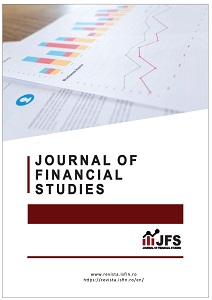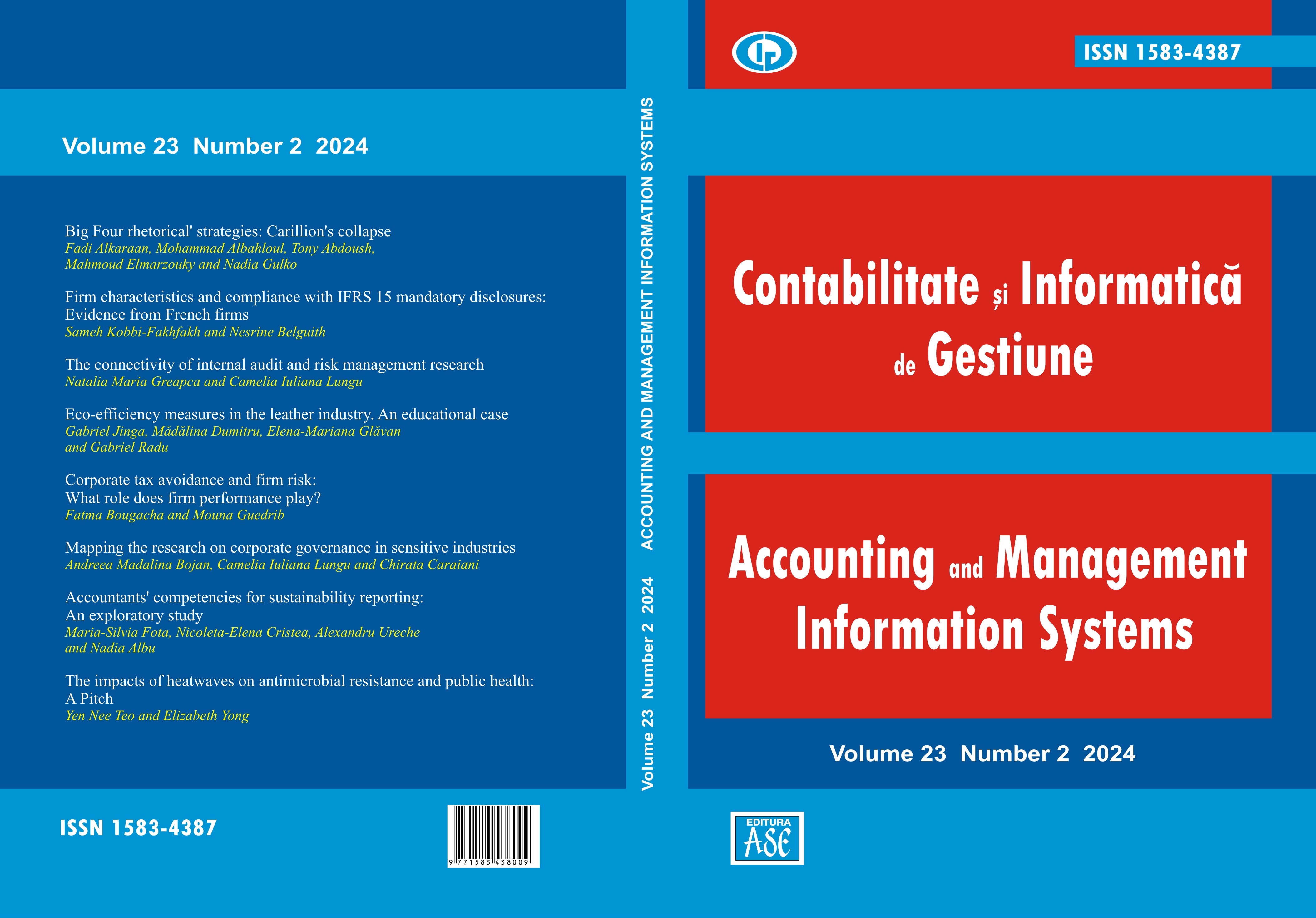Accounting and taxation in Romania: from connection to disconnection?
Research Question: What are the effects of the evolutions in tax and financial reporting regulations on the book-tax relationship in the case of Romanian listed companies; is the de jure trend towards a disconnection confirmed, and what findings can be made from a de facto analysis based on the effective tax rate (ETR)? Motivation: Istrate (2011) applied the grid proposed by Lamb et al. (1998) and found that, in 2020, the de jure trend was clearly towards a book-tax disconnection. My intention is to replicate this analysis for 2021 and to add some other variables that could characterize the period, in order to assess the 2021 de jure and de facto (dis)connection. Idea: Mandatory introduction of IFRS for some listed companies, adaptation of the Romanian accounting rules to the European directive 34/2013, modification of the tax rules, in particular as a result of European efforts to fight tax avoidance, unprecedented situations such as the covid-19 crisis were just as many reasons for companies to adapt their tax and financial reporting behaviours, which makes the more interesting the analysis of the book-tax relationship. Data: For the application of the analysis grid proposed by Lamb et. al (1998) and developed later by other authors, I have analysed the accounting and financial reporting regulations, in parallel with the treatments provided by the Romanian tax law. For the de facto analysis attempt, I analysed more than 3,800 observations about the Romanian companies listed on Bucharest Stock Exchange for the period 2000-2021. Tools: The assessment of the book-tax relationship was done by applying the Lamb et al. (1998) model, with the six possible cases: from total identity, to total disconnection. My analysis takes into account 40 key elements. In the case of de facto analysis, I calculated an ETR as the ratio between the current tax expense to profit before taxes. Findings and contributions: The study proposes a de jure analysis that confirms the evolution towards almost total disconnection between accounting and tax rules, especially for companies applying IFRS. The de facto analysis allows us to observe that ETR significantly different from the statutory tax rates (STR) – which confirms the disconnection between accounting and taxation. So, for the Romania listed companies, in general, the book-tax disconnection explains and justifies the differences between the ETR and the STR; in this case, the ETR is not really the best proxy for the tax avoidance, as many studies in the literature proposed.
More...

